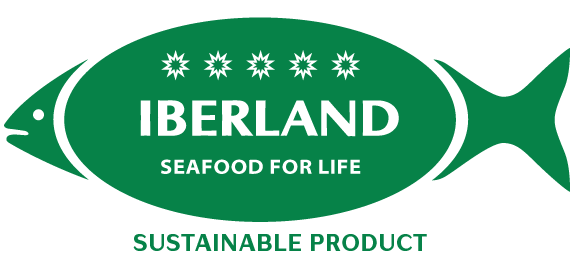




The Club of Rome publishes “The Limits to Growth”. This report shows that if current growth rates were sustained or increased, the planet’s natural limits would be reached. Factors such as the exploitation of natural resources and food production (among others) were part of this ecological footprint forecast. The report proposed modifying development rates to move towards ecological and sustainable stability (eco-development) (1).
The impact of “The Limits to Growth” prompted the United Nations to hold the Earth Summit that same year. It was the first world summit held on environmental issues. The 113 participating countries agreed on the Stockholm Declaration, a common framework for action for all peoples of the world.
Informe Brundtland.
Plantea por primera vez el desarrollo sostenible.
Define que la sostenibilidad consiste en satisfacer las necesidades actuales, sin sacrificar la capacidad de las futuras generaciones a satisfacer las suyas.

FAO 1996.
World Food Summit
At present, there is little progress in the field of sustainability and sustainable development. This is also evident in the fishing and marine resources sector. According to the FAO, future forecasts on the availability of fishing resources do not predict a promising future. Annual waste is estimated at around 35% between catches and landing. Of the remaining 65%, another 27% is wasted between landing and consumption (2). By-products from the fishing industry can represent up to 75% of catches depending on subsequent sorting or industrial preparation processes (3). For this reason, Grupo Iberland believes it is essential to contribute to the sustainability of the sector through utilization. It is important to highlight that in the near future it will be necessary to develop and increase the transfer of technology from research centres to industries, greater creativity in the development of new products, and most importantly, to promote collaboration between the agents involved in valorisation: fishermen, fishing industries and processing industries (food, cosmetics, etc.) (4).
Such promotion and awareness-raising in the sector would have a long-term impact on the fishing industry, thus contributing to the reduction of catches and the regeneration of marine populations.
We understand utilization as those subsequent steps after the capture itself, involving its transformation and contributing to an increase in the ratio between the initial “weight” of fish, the processed weight and the weight of the utilized product.
This monitoring of losses in processes is colloquially defined as discard, by-product, losses, among others.
At Iberland Group we believe that the KG of product used is, today, the key to the sustainability of the marine ecosystem, the fishing industry and responsible consumption by society.

